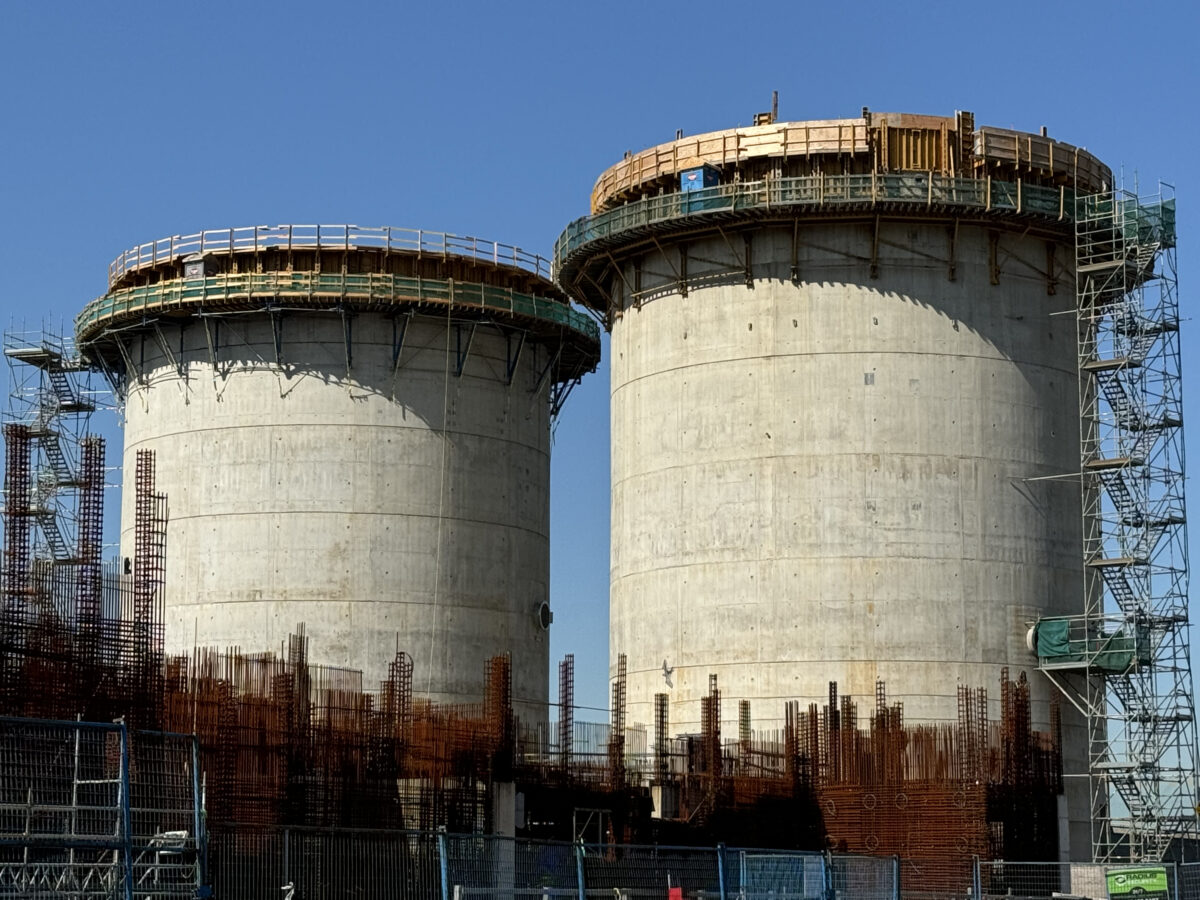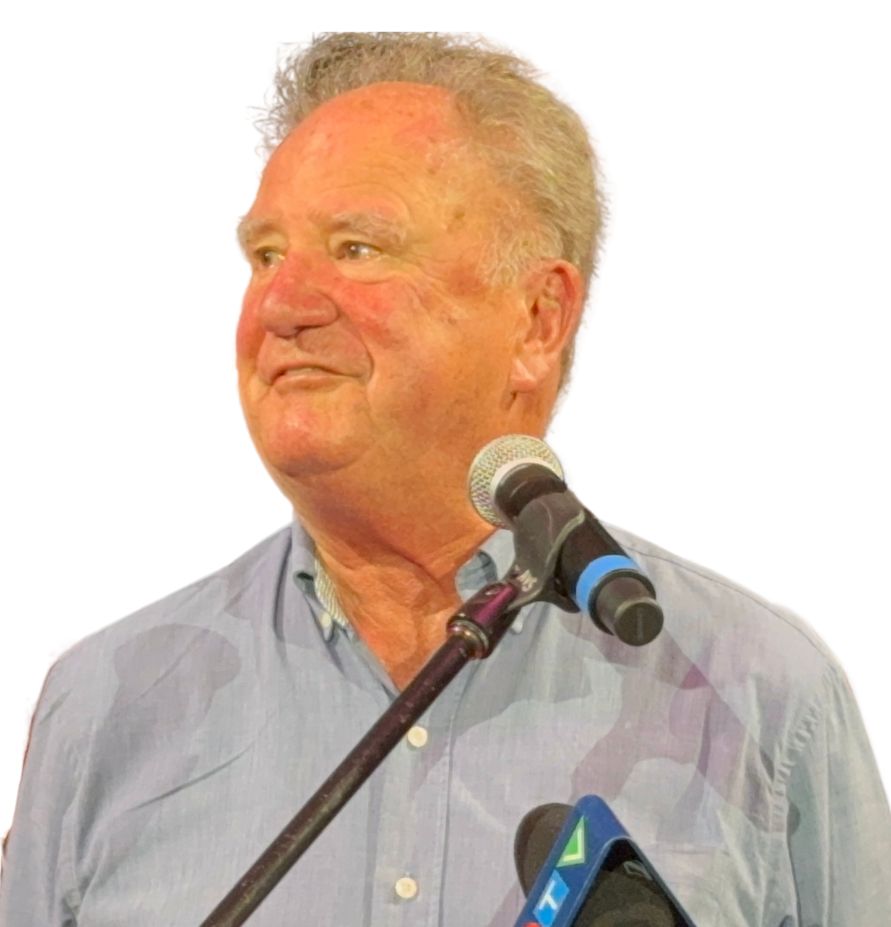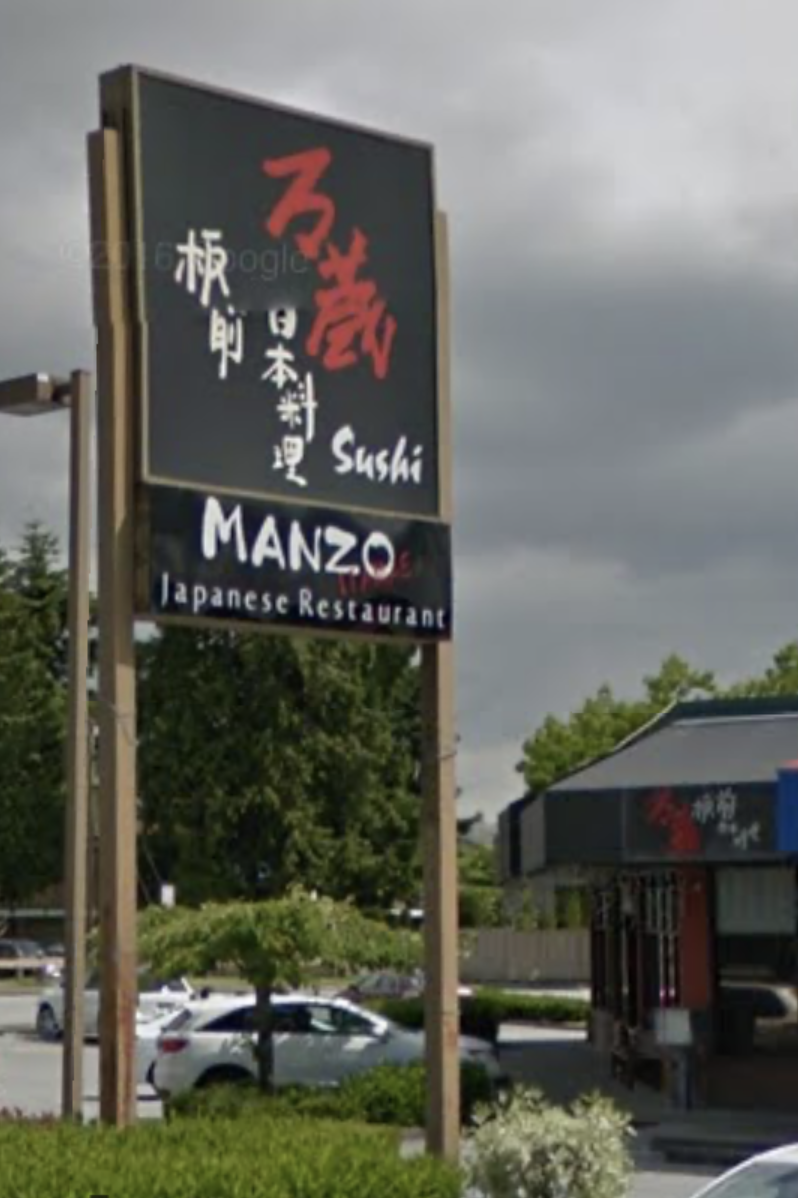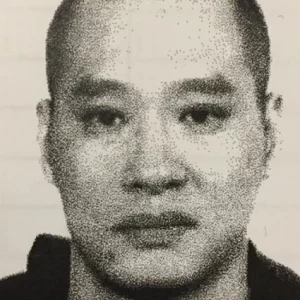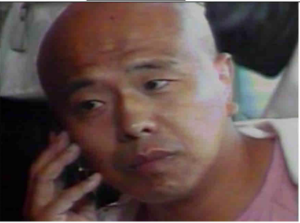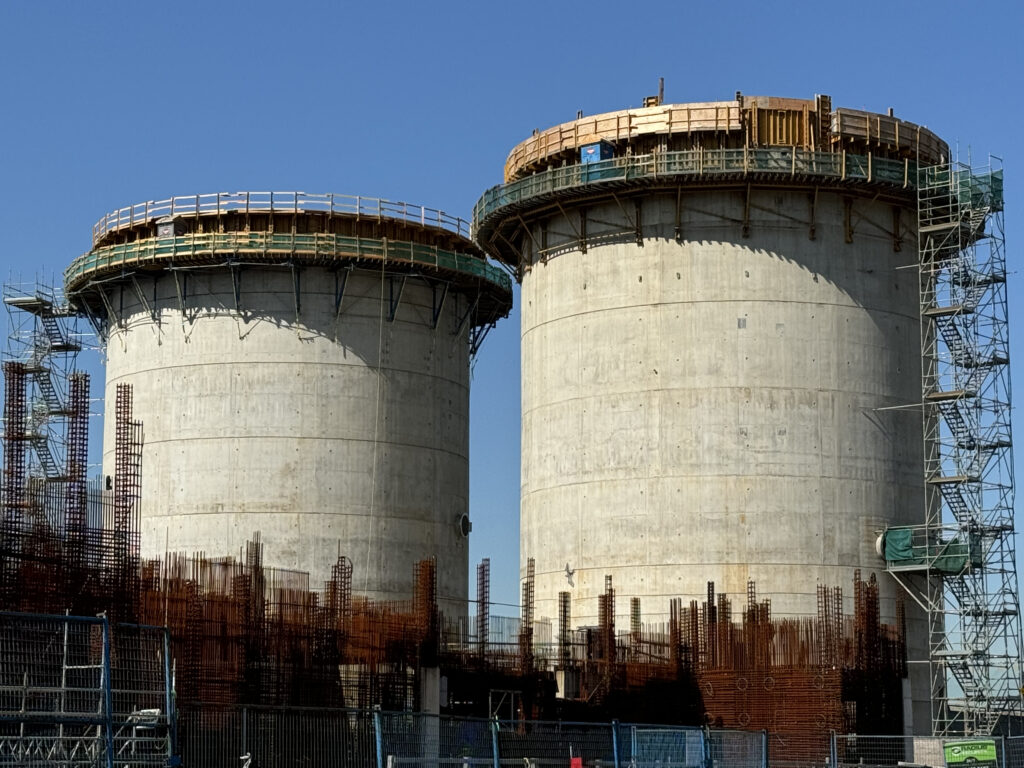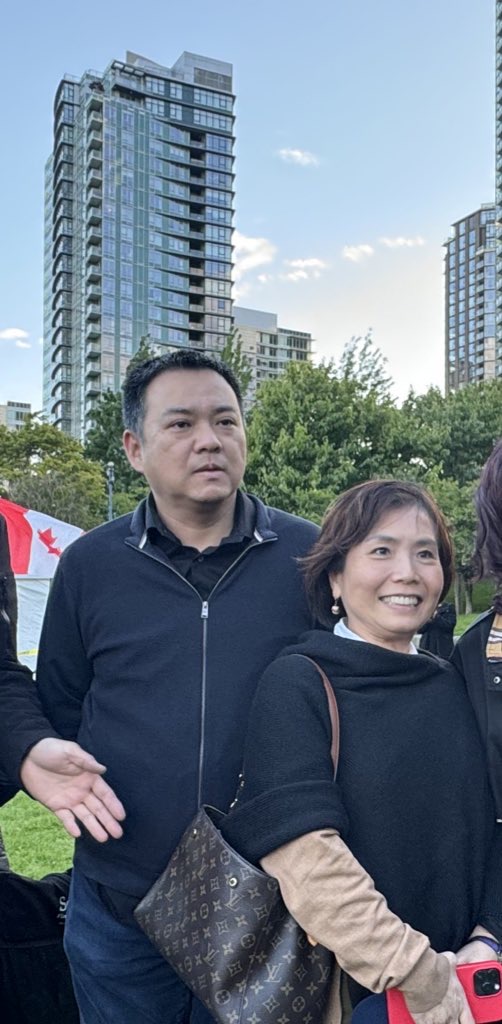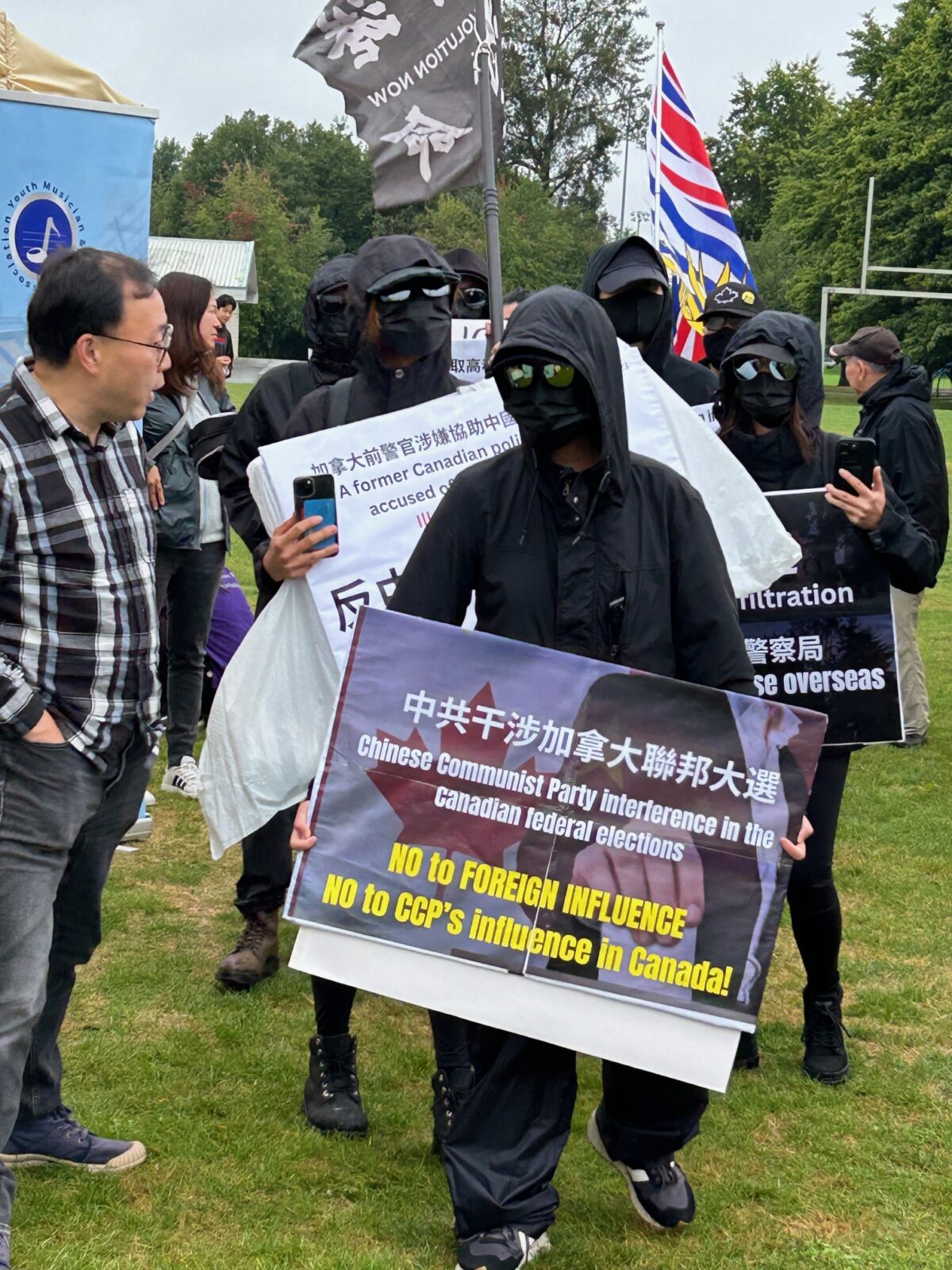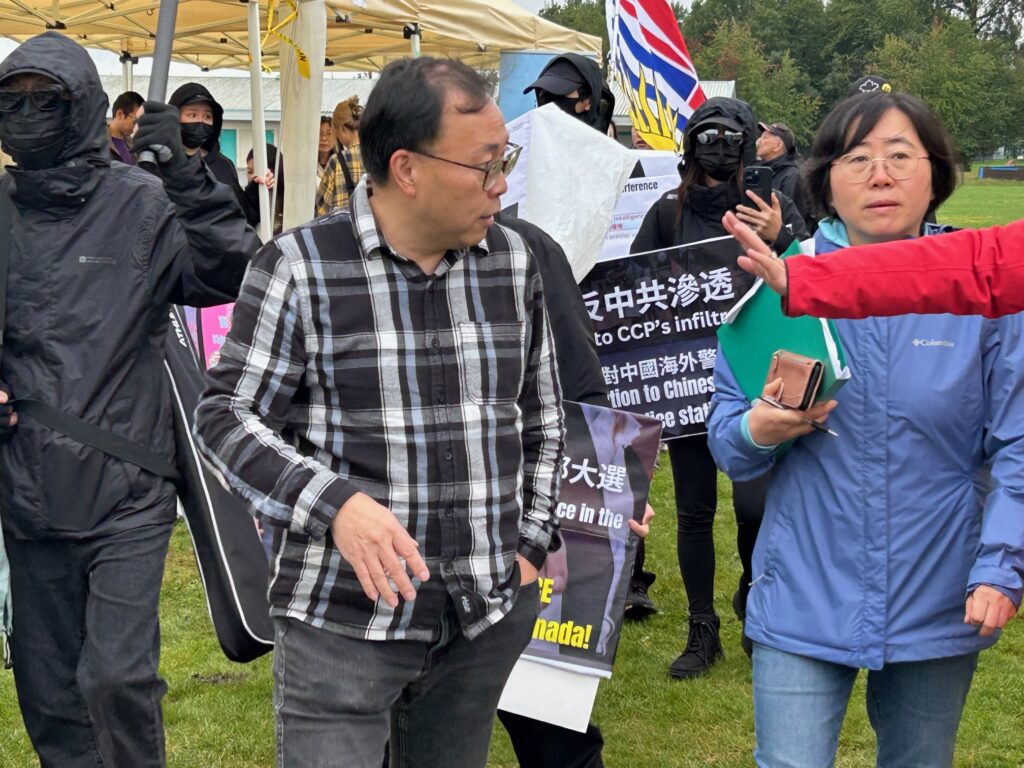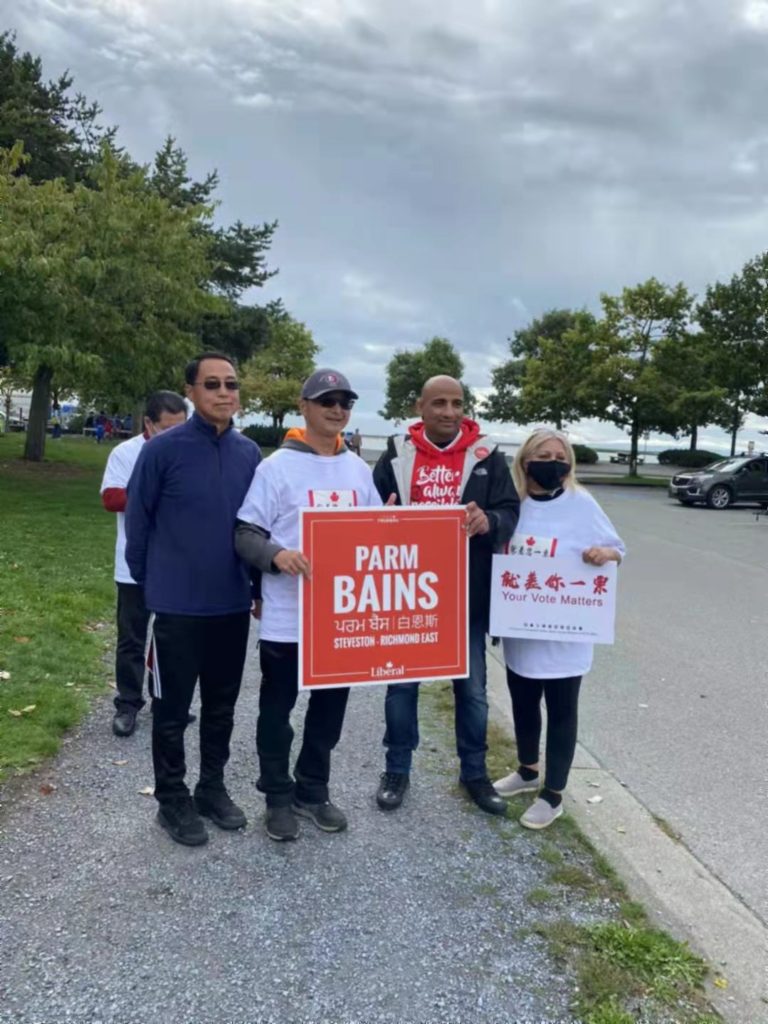Despite the power to act, Eby lacks political will to get to the bottom of North Shore sewage plant scandal: Fontaine
Briefly: The B.C. government’s $193 million, 2017 funding agreement for the North Shore Wastewater Treatment Plant gave Victoria the power to investigate and audit the project.
But, with a provincial election looming, Premier David Eby continues to say it is up to Metro Vancouver to sort out the mess.
The project is expected to cost five times more than budgeted and open 10 years later than originally scheduled.
Bob Mackin
One of the seven municipal politicians seeking an investigation of the troubled North Shore Wastewater Treatment Plant project says Premier David Eby lacks the political will to get to the bottom of the $3 billion cost overrun.
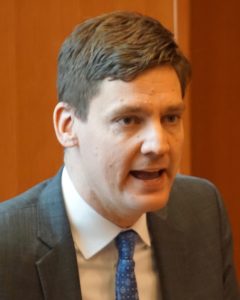
Attorney General Eby (Mackin)
At a Sept. 9 campaign event, Eby told reporters it was “important for Metro Vancouver to take responsibility for their own messes.”
“But if they fail to do it, the province will step in,” Eby said.
New Westminster Coun. Daniel Fontaine said Eby’s passive response and Metro Vancouver’s July decision to hire a lawyer to advise the board about a performance audit are both inadequate. Fontaine said the province is “not an innocent bystander,” since it granted $193 million to Metro Vancouver in 2017, when the budget was $700 million.
“As such, [the NDP government] should express a deep interest in the financial viability of this project, given that there has been additional requests by Metro Vancouver for additional funding to cover the cost overruns,” Fontaine said in an interview.
The March 2017 agreement, signed by then-BC Liberal communities minister Peter Fassbender, provided Metro Vancouver the full grant upon execution of the contract, on the basis that it begin the project within six months. Otherwise, the province would begin to claw-back the money.
The agreement, obtained from Metro Vancouver by theBreaker.news under freedom of information, contains an audit clause and gives the province the power to see all of Metro Vancouver’s project records. It includes requirements for Metro Vancouver to report to the province quarterly and annually about construction progress.
Metro Vancouver’s sewage and drainage division “may be required, at its expense, to provide a project audit report from a person authorized to be an auditor under section 169 of the Community Charter confirming that the project expenditures have been made in compliance with this agreement.
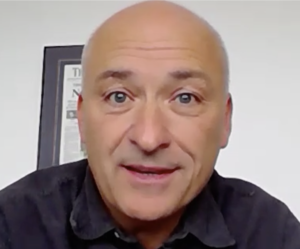
New Westminster City Councillor Daniel Fontaine (Zoom)
“If required by the province, the audit is to be in accordance with the form and reporting standards recommended by the Chartered Professional Accountants of Canada,” the clause said.
The province also has the power to “inspect at all reasonable times, any books of account or records (both printed and electronic. including, but not limited to, electronic storage devices), whether complete or not, and any executed contracts that are produced, received or otherwise acquired by [Metro] as a result of this agreement.”
On Sept. 9, Fontaine, fellow New Westminster Coun. Paul Minhas, Burnaby’s Richard T. Lee, Maple Ridge’s Ahmed Yousef, Richmond’s Kash Heed, and Surrey’s Linda Annis and Mike Bose jointly announced that they would ask their council colleagues to vote for their respective mayors to write letters to Eby. The letters would ask him to order an independent review of Metro Vancouver governance and to compel the province’s Inspector of Municipalities to conduct an inquiry under Section 764 of the Local Government Act.
“This is not an issue of a lack of tools, this is an issue of a lack of political will to get this done,” Fontaine said. “That’s very different.”
On March 22, Metro Vancouver commissioner Jerry Dobrovolny announced the project would cost $3.86 billion and not be finished until 2030. It was supposed to be open by 2020.
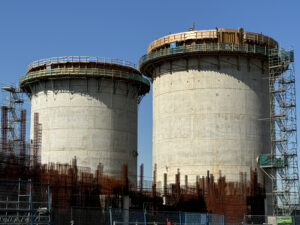
North Shore Wastewater Treatment Plant construction site on July 10, 2024 (Mackin)
That means higher utility bills across the region, hitting North Shore ratepayers the hardest at another $600-per-year for three decades.
Dobrovolny blamed materials and labour inflation, supply chain delays and the 2022 firing of original builder Acciona. The two sides are suing each other.
PCL took over construction management with AECOM as designer.
Meanwhile, the $212.3 million federal funding agreement from 2016 contains similar clauses about regular progress reports and requires Metro Vancouver to co-operate should the federal Auditor General want to investigate.
Unlike the lump sum payment from the province, the federal agreement called for annual payments of varying amounts spread out over eight years.
A spokesperson for Metro Vancouver said the federal government is withholding 10%, or $21.3 million, until the project is complete. Metro Vancouver would bill Ottawa for the remaining $10 million during this fiscal year.
Support theBreaker.news for as low as $2 a month on Patreon. Find out how. Click here.
Briefly: The B.C. government’s $193 million, 2017






